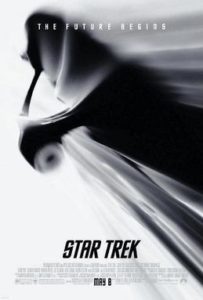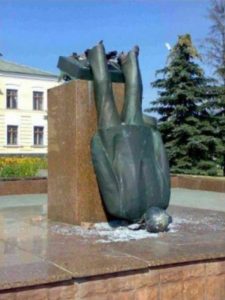
It’s been a crazy few weeks. I’ve had two book signings. My website was shut down to transfer it to a new host (thanks, Nick! [My apologies if his site is still being transferred]). Sadly, I did lose the short blog I wrote at Gen-Con, but all it said was that I was at the convention, wouldn’t be writing a blog, and that you all should come see me at my table.
As for other changes, I gave one day job a letter of resignation. I start grad school at a local university next week, as well as working as a graduate teaching assistant and writing center consultant for said university. I’m moving to be closer to the school. And these are just the changes I can talk about right now.
It’s…overwhelming at times.
My pastor told me Sunday that this isn’t so much starting a new chapter as it is opening a new volume. I said it might be more apt to call it a “reboot.” And why not? Reboots are all the rage in Hollywood right now. Most of them suck (I’m looking at you, Ghostbusters 2016), but then you have that handful that are amazing (like Batman Begins). Perhaps it’s more of a “soft reboot” like the 2009 Star Trek: it’s starting fresh, but it wouldn’t have happened if not for the events of the previous movies/series. I’m embarking on a new adventure where most everything is different, but there were many things in my life that led to this point.
But with change comes grief.
A coworker (at a business named Reboot, ironically), who also works as a pro-bono pastor, told me that grief is more about change than it is loss. Even positive change requires losing something, whether that be singleness for marriage or freedom for parenthood, among other things. I’m going to miss where I was because it was comfortable and predictable. I was used to it. It was safe. But where’s the adventure in safety?
A lot of things, both good and bad, related to my past have fallen away. I had to get a new car six months ago after an accident. My writing mentor retired in disgrace. That’s a few I can name. I still have plenty of constants (my friends, my family), but everything is changing.
Perhaps it’s appropriate then that Eric Anderson and I are working on a sequel to 42: Discovering Faith Through Fandom, and its central theme is how God changes things. I’ll be writing from experience.
What are some big changes you’ve navigated? How did you go about it? What did you have to “grieve” in the process?

